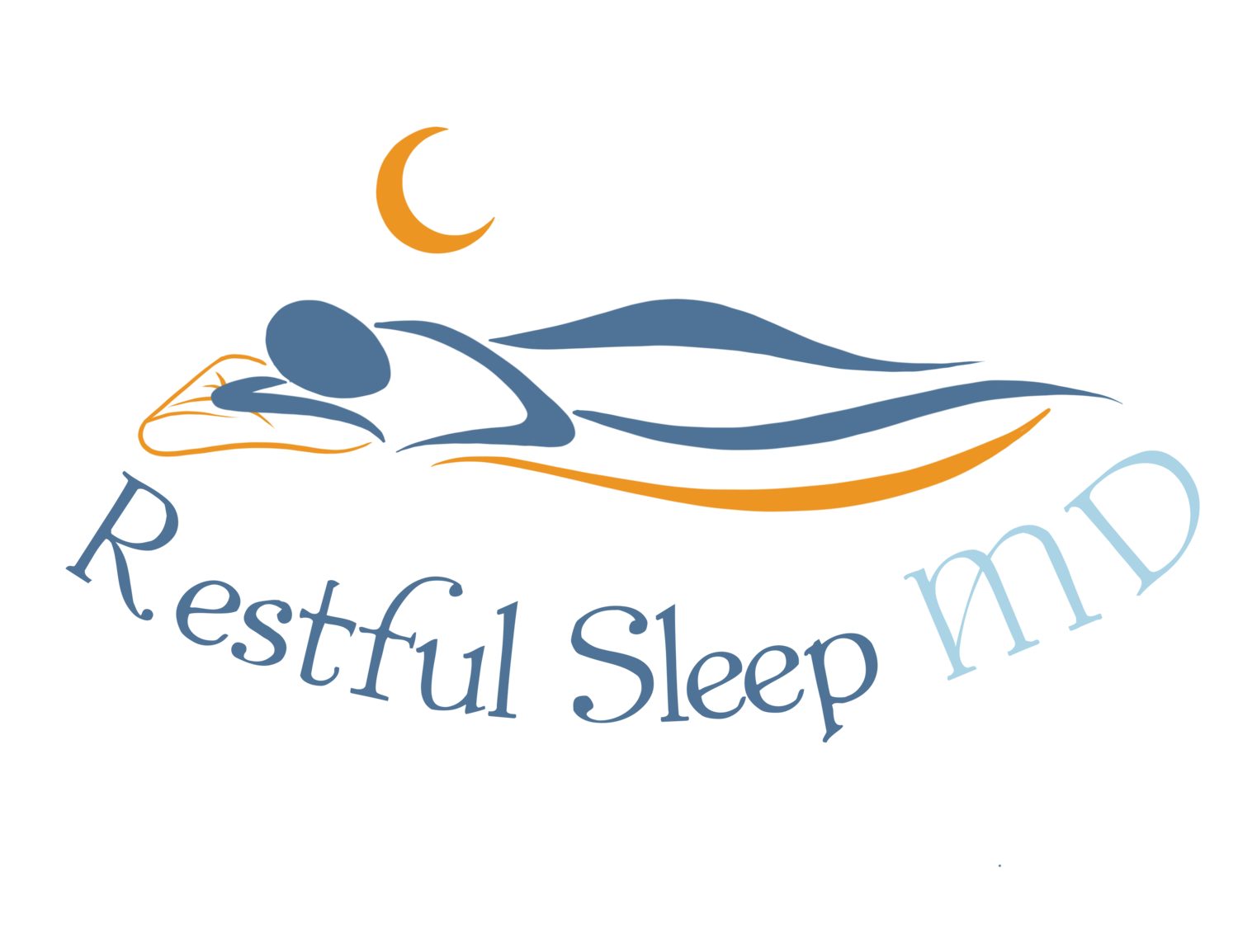Understanding and Addressing Sleep Apnea in Children
In the realm of pediatric sleep health, understanding the nuances of sleep apnea is important for parents and caregivers. Sleep apnea, particularly Obstructive Sleep Apnea (OSA), is a condition that disrupts restful sleep in both adults and children. In this blog, we delve into pediatric sleep health, focusing on the importance of recognizing, diagnosing, and treating sleep apnea in children.
Unraveling the Mystery of Sleep Apnea Sleep apnea
Contrary to common belief, sleep apnea is not just an issue for adults. OSA in children can lead to significant consequences, including delayed cognitive development and behavioral challenges. Early action is the key to decreasing the long-term effects of sleep apnea, emphasizing the importance of being proactive.
Decoding Symptoms in Kids
Understanding the signs of sleep apnea in children is crucial for parents and caregivers. From children sounding like choo-choo trains during sleep to having difficulties waking in the morning, these subtle indicators may point towards potential sleep disturbances.
Loud Snoring:
Persistent and loud snoring, often interrupted by pauses, gasps, or snorting sounds.
Breathing Pauses:
This occurs when the child stops breathing for a brief moment during sleep. A parent or sibling usually observes this.
Restless Sleep:
If your child is constantly tossing and turning during sleep, as well as frequently changing sleep position, it may be a sign they are struggling to breathe.
Mouth Breathing:
Breathing mainly through the mouth instead of the nose, especially during sleep.
Night Sweats:
Excessive sweating during sleep, which may result from the effort to breathe.
Difficulty Waking Up:
Difficulty waking up in the morning, which may also be accompanied by increased irritability or mood swings.
Daytime Sleepiness:
Excessive daytime sleepiness or fatigue, leading to difficulties in paying attention, focusing, or staying awake during activities.
Behavioral Issues:
Behavioral problems, including hyperactivity, impulsivity, and poor school performance.
Sleepwalking or Nightmares:
Children with sleep apnea have an increased likelihood of sleepwalking, night terrors, or nightmares.
Enuresis (Bedwetting):
Persistent bedwetting beyond the age when a child is typically expected to be toilet trained.
Recognizing these signs is a vital step for a healthier and more peaceful sleep routine for your child.
Diagnosing Sleep Apnea in Children
To better understand your child’s breathing patterns during sleep, a polysomnogram or sleep study is recommended. This study is typically performed in a sleep center or sleep lab. This noninvasive test provides valuable insights into breathing patterns, brain and heart activity, eye movement, and muscle tone. A polysomnogram will help identify if your child has sleep apnea and also determine the severity. In some cases, especially in older children, a healthcare provider may recommend a home sleep study. This involves wearing a simplified set of monitoring devices at home to collect data on sleep patterns, breathing, and oxygen levels.
Effective Treatments for Pediatric Sleep Apnea
One of the most common treatments for pediatric sleep apnea is adenotonsillectomy. However, it's essential to recognize that this procedure may not be suitable for every child.
Other treatment options exist, including continuous positive airway pressure (CPAP), oral appliances, personalized approaches, consideration of the severity of sleep apnea, orthodontic interventions, nasal steroids, weight management, lifestyle changes, as well as treating other coexisting medical conditions. A personalized approach is needed to effectively treat pediatric sleep apnea.
Empowering yourself about your child’s pediatric sleep health is the first step in ensuring your child's well-being. If you're concerned about your child's sleep patterns or suspect sleep apnea, connect with our sleep experts at The Restful Sleep Place. Prioritize better sleep for your family and take proactive steps towards a healthier, more restful sleep routine today.
Interested in additional sleep support? Learn more about Sleep Coaching and our Private Practice The Restful Sleep Place.


